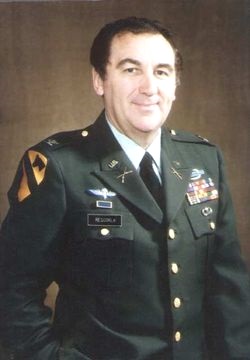
Cyril Richard ‘Rick’ Rescorla BA MA LLB holder of ‘The White Cross of Cornwall’, US Silver Star, US Bronze Star with Oak Leaf Cluster, US Purple Heart, Vietnamese Cross of Gallantry, British General Service Medal ‘Hard Core’ ‘The Cornish Hawk’ - saved 2,687 lives on September 11, 2001 whilst singing Cornish songs, academic, Cornish patriot, hero supreme, the man who predicted 9/11.
Rick Rescorla was born on 27th May, 1939 in Hayle in Cornwall. He grew up there with his grandparents and his mother, who worked as a housekeeper and companion to the elderly. In 1943, his hometown of Hayle served as headquarters for the 175th Infantry Regiment of the U.S. 29th Infantry Division, largely composed of American soldiers from Maryland and Virginia preparing for the D-Day invasion of Normandy. Young Rick idolized the American soldiers and wanted to become a soldier because of them.
Rescorla was a natural sportsman, setting a school record in the shot put, and was an avid boxer. When a professional boxing match was scheduled between a British boxer and an American heavyweight contender named Tami Mauriello, his friends backed the Cornishman. Rescorla stated, ‘I'm for Tammy’ [sic] and after Mauriello won the fight everyone in Hayle knew him as ‘Tammy’.